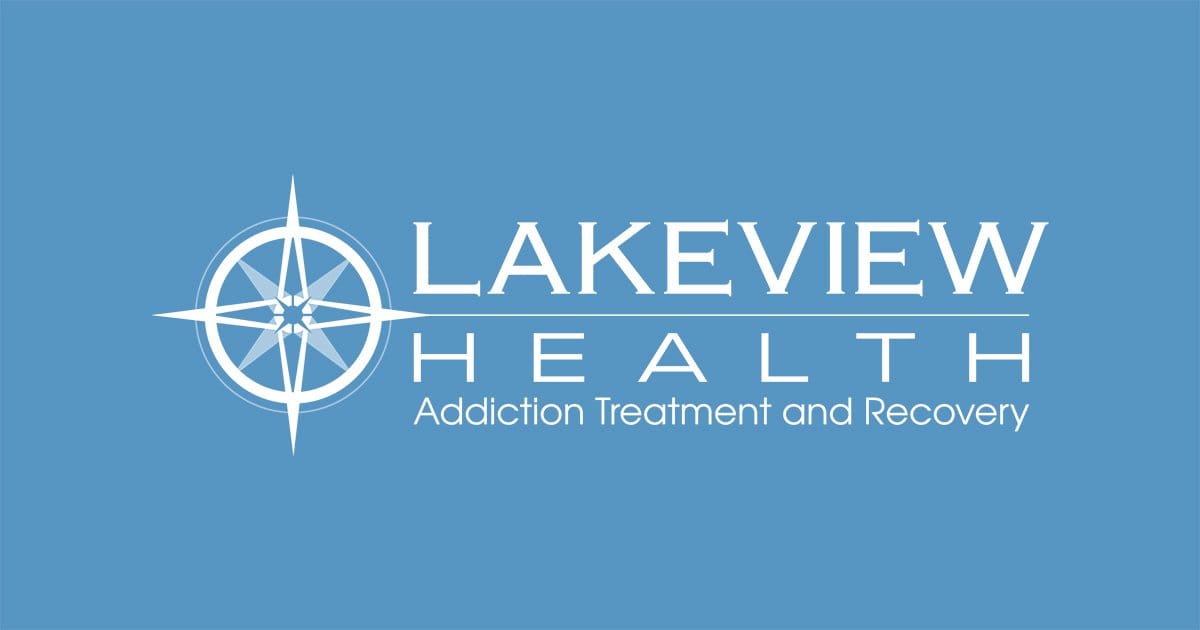

By: Michael Rass
Anxiety disorders are among the most common mental illnesses in the United States. An estimated 40 million American adults suffer from some type of anxiety disorder in any given year. That is approximately 18 percent of the population. Among American children, such disorders are even more prevalent, affecting an estimated 25 percent of children between the ages of 13 and 18. The Diagnostic and Statistical Manual of Mental Disorders (DSM-5) lists eleven different anxiety disorders, including generalized anxiety disorder (GAD), panic disorder, and social anxiety disorder. Suffice it to say that anxiety in America is reaching epidemic proportions.
This is problematic for several reasons. Individuals who experience anxiety are more prone to other mental and physical health problems, for instance. They are also far more likely to develop a substance use disorder (SUD). It is not uncommon for people suffering from an anxiety disorder to self-medicate with either drugs or alcohol in an attempt to get their anxiety under control. This behavior can be particularly dangerous as it can result in a cycle of addiction in which the anxiety feeds the substance abuse, and the substance abuse itself increases an individual’s anxiety.
At Lakeview Health, our counselors and clinicians are specialists in dealing with addiction and co-occurring disorders like anxiety. To learn more, reach out to us online or call [Direct] today.
Signs and Symptoms of Anxiety Disorders
If you are unsure if you or someone you care about is battling anxiety, there are several warning signs to be on the lookout for. We tend to break these down into psychological symptoms and physical symptoms.
Some of the most notable psychological symptoms of anxiety include:
- Irrational or uncontrollable feelings of fear or worry that recur for a period of six months or more
- Panic or feelings of uneasiness that lack apparent cause
- Trouble focusing, lack of concentration
- A person “not seeming themselves” personality-wise
- A decline in a person’s performance at work or school
- Social isolation, losing contact with people to whom they were once close
- Inexplicably ceasing involvement in activities that once gave them joy
- Obsessive or compulsive behaviors
- Substance use that is more than recreational, self-medication with drugs or alcohol
There are also several physical symptoms to watch for. These include:
- Changes in sleeping patterns, insomnia or hypersomnia
- Increased heart rate or blood pressure, heart palpitations
- Shortness of breath, rapid breathing, hyperventilation
- Chest pain
- Muscle tension
- Gastrointestinal disruption, nausea
- Recurring headaches
- Fatigue
- Poor circulation, cold or sweaty extremities, numbers or tingling
Not every individual struggling with anxiety will experience all of these symptoms, and these lists are by no means comprehensive. However, if you or someone close to you is experiencing any of the above, it is worth seeking the advice of a medical professional in a program like Lakeview Health.
Causes of Anxiety Disorders
It is tempting to think of anxiety as a personal weakness. In fact, it is a psychological condition caused by an imbalance of chemicals in the brain that can result from a number of different causes. Each case is, of course, unique, and there is rarely a single cause for a person’s anxiety. This said, some of the most common causes of anxiety disorder are:
- A family history of mental health issue including anxiety, depression, or PTSD
- Having undergone a traumatic event, including child abuse and exposure to violence or war
- Biological determinants; being born with a chemical imbalance in the brain
- Substance use disorder; the improper use of alcohol and prescription or illicit drugs changes the chemistry of the brain over time, resulting in anxiety disorder
Individuals struggling with anxiety disorder — whether diagnosed or not — can always benefit from identifying the root causes and triggers of their anxiety in a therapeutic setting. By doing so, they can better address their condition and learn to manage it effectively.
Learn More at Lakeview Health Today
The mental health and addiction specialists at Lakeview Health have a long history of successfully treating anxiety disorders. Reach out to our team online today or call [Direct] to get the help you need today.





